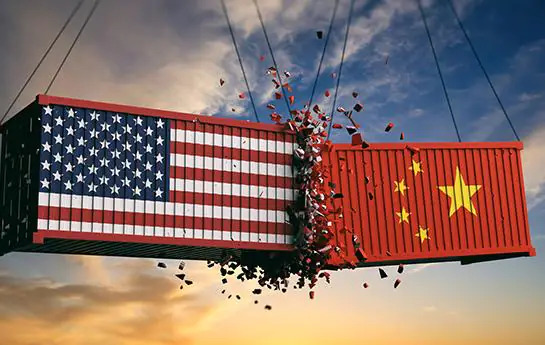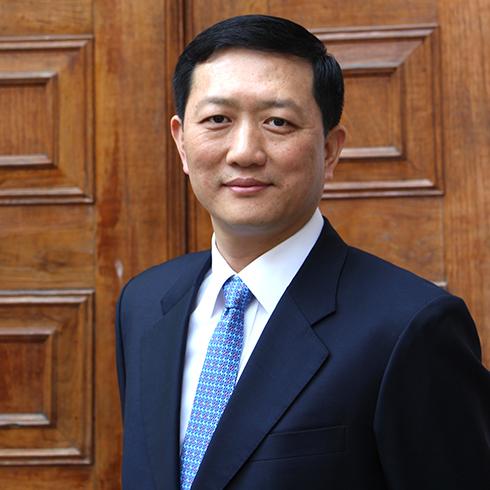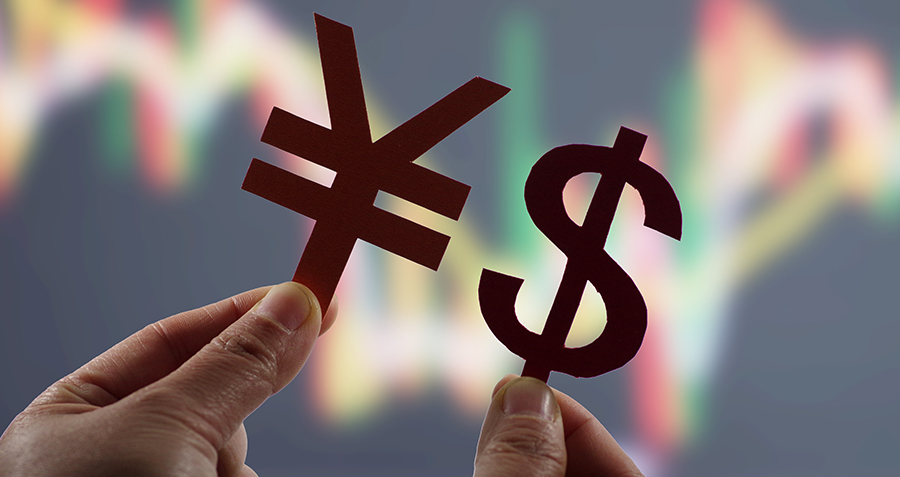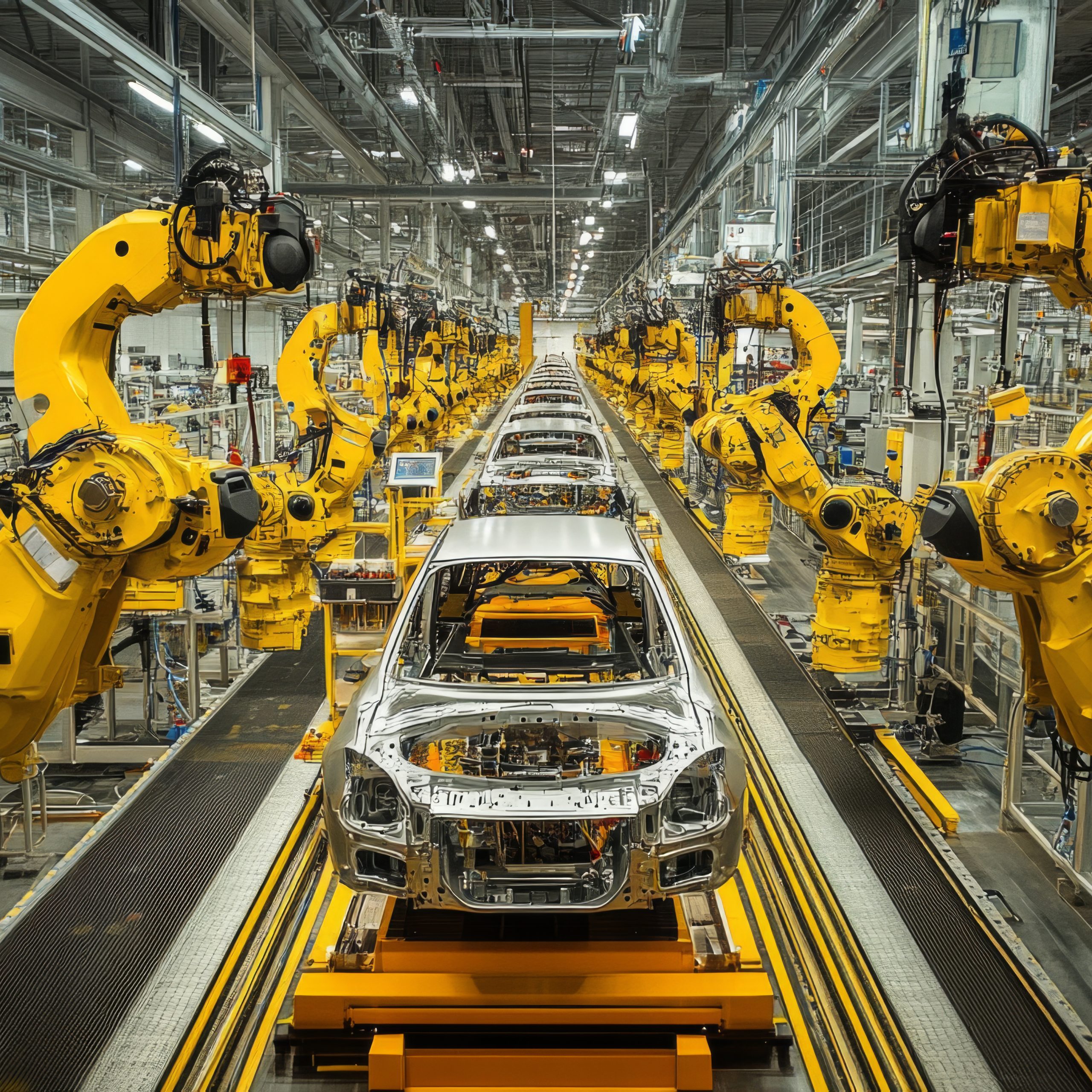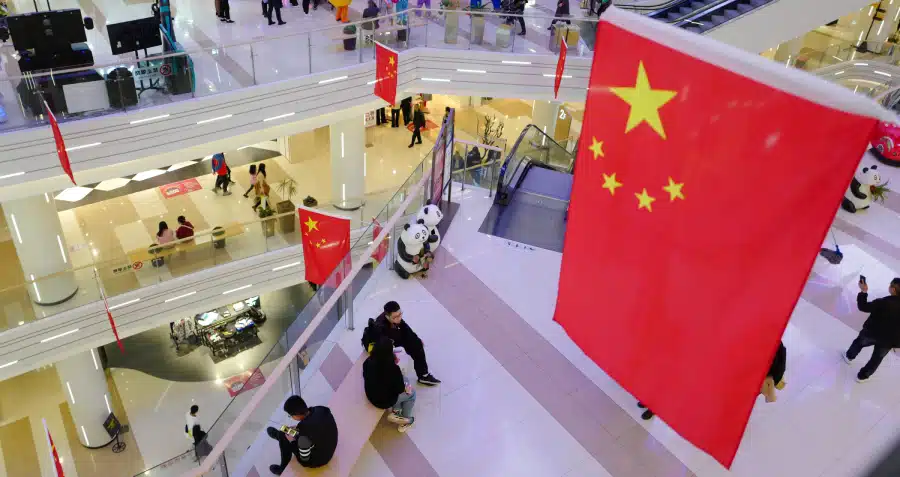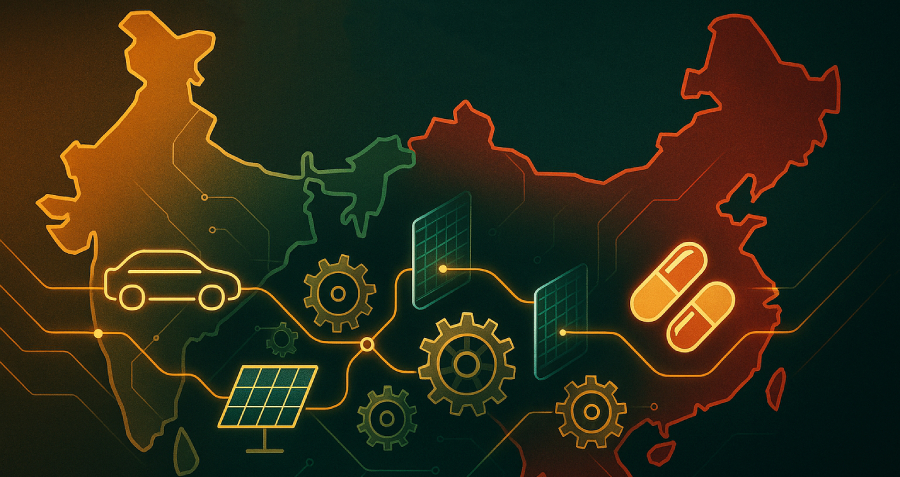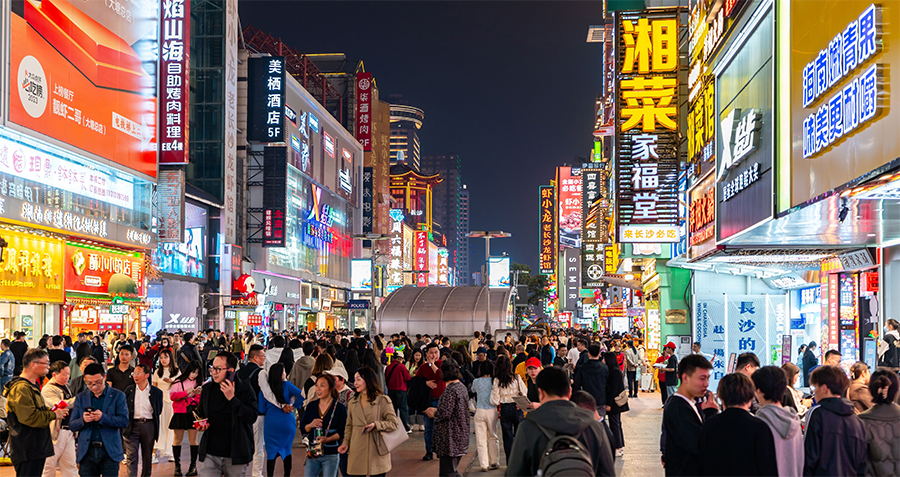Tao Zhigang, Professor of Strategy and Economics, Cheung Kong Graduate School of Business
In February this year (2022), U.S inflation hit a 40-year high. According to data from the U.S. Bureau of Labor Statistics, the consumer price index (CPI) has risen 7.95% year-on-year (2022) and 0.8% month-on-month (February 2022). Since the Federal Reserve’s March meeting, inflation has continued to rise. The expected annual inflation rate for the next 10 years is close to 3%, and ten-year treasury yields are close to 2.5%. According to current Fed roadmaps markets can expect a total of 7 interest rate hikes this year.
But the interest rate rise in March and May, and the Fed’s forward guidance, have not yet reversed market expectations. On March 29, the 2-year U.S. Treasury yield briefly rose above the 10-year yield. Such an inverted yield curve has added complexity to the debate on how quickly to raise interest rates.
For this reason, Dr. Tao Zhigang believes that the probability of further decoupling between China and the United States is low. Instead, a more realistic solution between the two countries would be to encourage renewed cooperation.
Tao shares his thoughts on the geopolitical shift, US-China relations, the impact of the Russia-Ukraine war and what we can expect for China.
1: What effects will the war in Ukraine have on oil prices?
Professor Tao Zhigang: The global economy in the first quarter of 2022 was full of uncertainties – the most imminent being the war in Ukraine and rising inflation in the United States. Since the 1980s and particularly in the last two decades, inflation has remained relatively low, despite the Federal Reserve increasing monetary supply through quantitative easing.
This time it is different – inflation has reached a 40-year high, and the Federal Reserve raised interest rates twice since March with more increases planned for this year. Rising inflation in Europe and the United States has only been exacerbated by the crisis in Ukraine.
Russia produces 10 million barrels of oil per day, which accounts for 13% of global production. Its gas production accounts for an even larger share at 17%. Of course, the extent to which oil and gas prices rise depends on the success of U.S.-led sanctions on Russia, however currently it is not clear what position U.S allies will take – India, for example, has already purchased cheap oil from Russia, and the stance of the 27 countries in the EU has also been vague.
It might seem that buying less oil is of little significance, but historical data shows it can have a large impact. In the past half a century there have been numerous price swings in oil prices: In 1973, after the oil supply fell by 7%, prices rose by 51%. Also, in August 1990, during the Gulf war, oil prices rose by 93% after a 6% reduction in supply. Although these are rare occurrences, they should still be a cautionary sign of what could happen.
The reason why Germany and the Netherlands are so reluctant to stop buying Russian oil is because finding alternatives is a challenge – European countries will not cut ties with Russia because importing natural gas from elsewhere, including importing liquified natural gas from the United States, is just too expensive.
A rise in oil prices can trigger other resources to increase in price, such as that of coal which comes in as a substitute for gas; and cotton, which is used as a substitute for petrochemical products for textiles. If the Federal Reserve truly seeks to confront the inflation crisis, it will need to raise interest rates. The probability of a recession occurring in the United States and Europe this year has now increased significantly.
The impact of rising oil prices on China depends on whether we continue to purchase oil and gas from Russia. On February 28, the spokesperson of the Ministry of Foreign Affairs, Wang Wenbin, said China would continue to trade with Russia as normal. According to sources, the Chinese government is also encouraging large state-owned enterprises, such as Sinopec and PetroChina, to negotiate with Russia and seize the investment opportunities. But of course, the rise in oil prices is a global trend; hence, China will still be affected to some extent.

2: How will interest rate hikes in the US affect China?
Tao Zhigang: China’s economic growth slowed last year from that of 2020, especially in the second half of the year, but has since remained stable. China also managed to avert risks and made reforms in the real estate sector at the end of last year. However, last year (2021) CPI only rose by 0.9% from 2020.
With interest rates rising in the United States, the pressure of an appreciating Renminbi (RMB) is likely to fall, which will increase China’s exports. A boom in China’s exports in the last two years has been driven by the trend in the United States of consumption shifting from services to goods. For example, whereas people who used to exercise at the gym are now buying a treadmill to exercise at home. This transition in the U.S has given Chinese export companies a lot of business.
3: Will the fragmentation of globalization continue?
Tao Zhigang: Since Biden took office in January 2021 many thought he would change U.S. trade policy; However, he has failed do this. Now that the U.S economy has recovered, the main problem is inflation, which has been exacerbated by the crisis in Ukraine.
In his 2022 State of the Union Address, Biden attributed the cause of inflation to the fractured global supply chains and the global division of production. This is not true, as the overall cost of production in the U.S. is higher than the cost of the global division of production, and disruptions of supply chains is America’s own doing.
The United States needs to realize that now is the worst time to decouple from China. Choosing to go separate ways when inflation is at its worst will further push up the operating costs of U.S. companies, which would pose a risk to the entire U.S. economy.
With the midterm elections coming up in November, Biden needs to quickly solve the inflation problem. Monetary policy can be difficult to get right but reigniting globalization and giving consumers access to global resources is fundamental to reducing inflationary pressures. The highest level of inflation the United States has experienced in 40 years could give Biden a chance to change his trade policy with China.
4: How do you view the impact that the China-United States trade war has had?
Tao Zhigang: The trade war has had a large impact on China’s economy. It could be understood by the following scenario: Suppose there were 100 export companies in China before the trade war – 20 of them would not have survived through it, but the war has caused the remaining 80 companies to improve their efficiency, reduce costs and make cheaper products.
In contrast, the trade war had a negative impact on the United States. Companies with high costs that were struggling to survive in the market manage to stay with the government protection – this has resulted in an increase in prices and caused both consumers and downstream industries to suffer. For example, during the trade war America’s steel industry was protected, some jobs were safeguarded but tariffs caused many to lose their jobs in the downstream manufacturing sectors. Therefore, protectionism will not necessarily benefit overall employment. Furthermore, due to a rise in corporate costs and the ensuing inflation, people’s purchasing power has been reduced.
The resumption of globalization in China and the United States is beneficial to the United States. This can be seen by an increase in total added value of American manufacturing companies from the beginning of this century until 2018 (the beginning of the trade war), however due to companies in the U.S outsourcing production overseas, employment in the US manufacturing industry has been declining. What is needed is some sort of redistribution (in the form of re-training to be given to workers who lost their jobs and outright subsidies). And this is completely doable, as the benefits of outsourcing in terms of costs reduction far outweighs the losses in subsidies and employment.

5: This year the Government Work Report set a growth target of 5.5% – how can China achieve this goal?
Tao Zhigang: In the past two years the Chinese government has taken a cautious approach to macroeconomic policy, not adopting the loose monetary policy or large-scale fiscal stimulus policies adopted in the United States and Europe. If the economy remains stable then investment from overseas will naturally increase.
The growth target can be met by SOEs ensuring stable growth, as well as improving the operating environment of private companies which are much better than its SOE counterparts in generating economic growth.
Innovation will also be important. Growth not only requires investment in human and material resources, but also improvements in total-factor productivity (which measures the increase in productivity on top of these contributed by the increase in inputs such as capital and labor). China has a high labor participation rate and a high savings rate, but most important will be improving total-factor productivity, since in recent years it has been declining.
The RCEP agreement launched this year will also present opportunities and challenges to China’s growth. China’s low-tech and export-orientated companies and industries will use the agreement to invest in ASEAN countries and leverage low-costs in the region to their advantage. It will also enable Chinese companies to bypass European and U.S. tariffs to continue to export to US and Europe without the burden of extra tariffs. Furthermore, increase in trade with Japan and South Korea through RCEP will bring in greater competition in China’s high-tech sector, which in turn will cause Chinese companies to become more innovative.
6: What can we expect of China’s economic development in the future?
Tao Zhigang: To answer this question, we look at the concept of “McDonald’s Economy”. McDonald’s maintains both company-owned stored as well as franchised stores. Although the stores owned by the company generate less revenue, they are responsible for brand creation. The main responsibility of franchise stores on the other hand is to make profit. China’s market economy has developed in the same way – whereby Chinese state-owned enterprises are McDonald’s equivalent of company-owned stores and Chinese private enterprises are the equivalent of the restaurant’s franchised units. State-owned enterprises are needed in times of crisis to stabilize the economy, but in a recovery period it is important to harness the creativity of private enterprises. To help China’s private enterprises survive and develop, a better institutional environment is required.
7: How do companies establish their corporate strategy in a time of uncertainty like this?
Tao Zhigang: During uncertain times, companies need to diversify their operational risks. This could be done through diversification across different industries and regions. The former includes diversifying product offerings in related sectors, as well as vertical integration by gaining control of the whole supply chain.
Of course, in an era of protectionism and high geo-political tensions, the latter strategy of businesses operating in different countries around the world are facing many challenges, and will need to resort to some non-market-based strategies.
When Chinese companies operate in different regions in China or overseas, they need to adopt different organizational structures. When operating abroad Chinese businesses have tended to have full acquisition of local firms or establish wholly-owned companies – doing this can be difficult to win local support.
Furthermore, due to the U.S long-arm jurisdiction (which allows local courts to exercise personal jurisdiction over foreign defendants), many Chinese companies may have to use different companies in different countries around the world. Although this has the disadvantage of lacking economies of scale, it permits Chinese companies to avoid being prosecuted under the U.S. long-arm jurisdiction.
8: With the business environment changing, how can business schools adapt?
Tao Zhigang: we need to ensure our students have more of a global perspective. If a company wants to scale up, then its business scope cannot be limited to China – it must expand overseas. International markets and funds are important for these businesses. But with the geopolitical situation becoming increasingly complex, companies are destined to fail if they are not equipped with sufficient global perspective and knowledge.
It will also be important to upscale China’s businesses. As the economy grows and income increases, the ability for companies to use a low-cost model to operate on international markets will be reduced. Companies will focus more on industrial upscaling.
CKGSG has always used diverse teaching methods to help students grow quickly. We also aim to encourage our students to start their own businesses, to take advantage of global markets, and be well-versed in geopolitics, all in order to be at the forefront of their respective industries.





